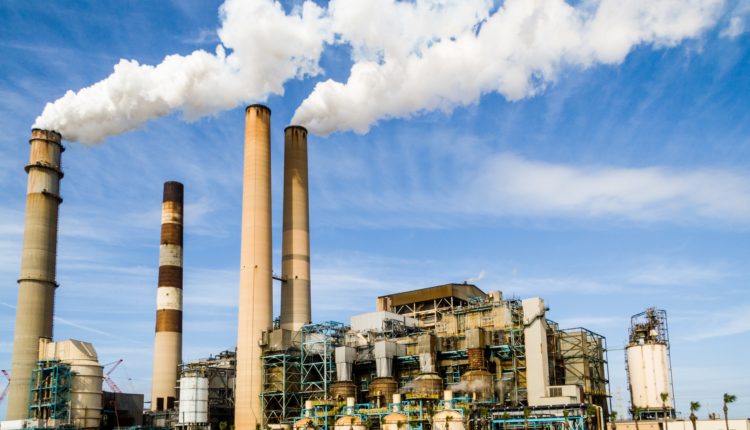
Profit over life
Trump’s Environmental Protection Agency (EPA) is proposing to ditch rules adopted under the Obama administration limiting how much mercury industries can spew into the air. The objective is higher profits for companies that operate coal burning plants. The human consequences include avoidable illnesses and shortened lives.
On December 28, the Associated Press reported: “The Trump administration has targeted an Obama-era regulation credited with helping dramatically reduce toxic mercury pollution from coal-fired power plants, saying the benefits to human health and the environment may not be worth the cost of the regulation.”
Mercury, element 80 in the periodic table (HG), was discovered around 1500 BC. The best-known modern use for mercury is in thermometers. But mercury is highly toxic and is no longer used in thermometers. Coal burning energy plants are the main emitters of mercury today.
The web page of the World Health Organizations says:
· Mercury is a naturally occurring element that is found in air, water and soil.
· Exposure to mercury – even small amounts – may cause serious health problem as ms, and is a threat to the development of the child in utero and early in life.
· Mercury may have toxic effects on the nervous, digestive and immune systems, and on lungs, kidneys, skin and eyes.
· Mercury is considered by WHO as one of the top ten chemicals or groups of chemicals of major public health concern.
This latest assault on nature—life and the environment in which it thrives—is virtually a model of the value system reflected in the policies of the Trump administration. In turn, Trump is the culmination of the right-wing/Republican agenda that for decades has shaped policy to favor private gain over the public interest. But, even by the standards of enthusiasts for extreme neoliberalism, or what a former Pope called savage capitalism, the plan to radically reduce the regulation of mercury pollution is especially outrageous. It is wrong in so many ways and levels it’s hard to know where to begin.
First, the practice of applying cost-benefit analysis to questions of life and death is a moral abomination. Nevertheless, since the neoliberal ideology established its hegemony, the law requires that such a calculus be performed before policies like environmental regulations can be enacted or revised.
Second, the assumptions that go into such benefit-analyses are not only repugnant, they are methodologically dubious. The results of the mercury regulation cost-benefit analysis is an instance of the “garbage in, garbage out,” principle well known by data crunchers and computer scientists. You can manipulate the inputs to achieve a desired output. In other words, you can get the answer you want by ignoring everything that will influence results in an unwanted direction.
Third, in this specific case, The New York Times (reprinted in the Miami Herald) reported that Trump’s EPA “dramatically changed the formula the government uses in its required cost-benefit analysis of the regulation by taking into account only certain effects that can be measured in dollars, while ignoring or downplaying other health benefits.
By stacking the deck this way, the bastardized version of the EPA existing under Trump came up with between $4 million and $6 million as the economic benefit of the tighter rule compared with a $7.4 to $9.6 cost to industry. In contrast, the Obama-era EPA calculated an additional $80 billion in health benefits. That included the benefit of 11,000 premature deaths avoided.
This is an instance case in which where the right, after having imposed certain decision rules (cost-benefits analysis) to suit business, cheated when it came to applying those rules (narrowing the inputs to achieve a preordained result).
Beyond mercury, the method the EPA used in arriving at its ruling against the mercury regulation likely will serve as a template for the administration’s shredding of numerous other environmental controls. By applying a very narrow definition of benefit, the administration can argue that almost any environmental regulation is not worth the cost.
The deeper question is how can one, with a straight face, pretend to equate two inherently incommensurable things, like life and profits, or apples and oranges, and reduce it to a number?
I can only hint at an answer in this space. As capitalism becomes ever more pervasive, it turns everything into a commodity, including life, in a similar way that someone’s persona and idiosyncrasies become his or her brand with possible monetary value.
As in every other arena, this process of commodification, which is a strong tendency in capitalism, varies significantly depending on such factors as cultural values, national identity, and quality of leadership. Trump is the perfect person to take this process to its absolute limit, a president that turned himself into a brand and monetized it long before it became fashionable.

